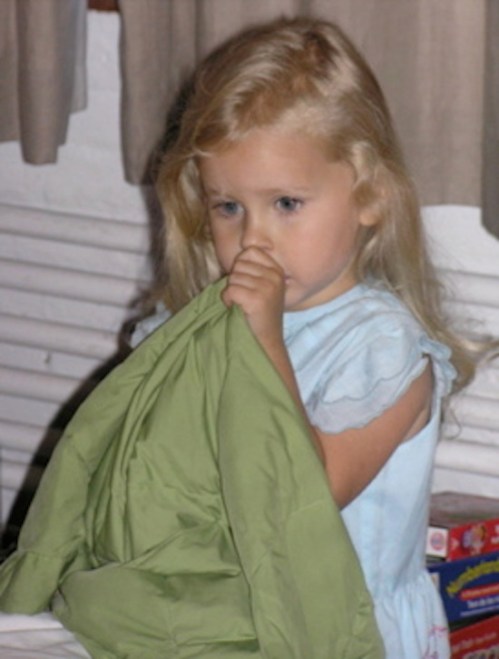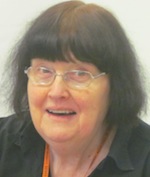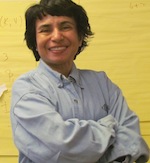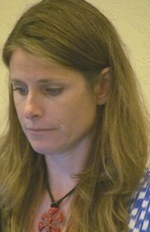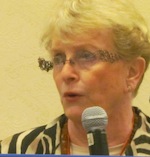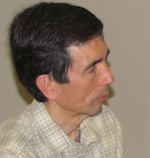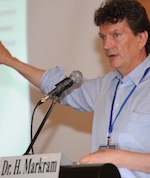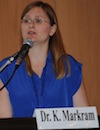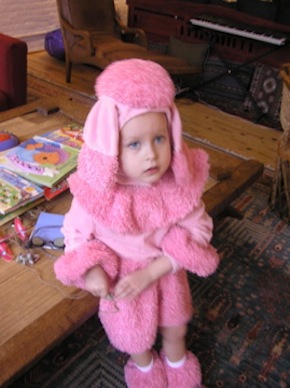“What is your name?” someone might ask. It’s a simple question, but when I try to make the sounds that form my name, other words push and shove their way forward. Instead, “you may not spit,” or “Rosie’s not here!” are examples of seemingly random nonsensical, declarations that come out of my mouth. I call these utterances my “mouth words.” They could be seen as traitors, belligerent bullies who seek the spotlight, but they are not. My mouth words are funny to me, but misunderstood by others. My typed words are hard for me, but understood by many. Mouth words are witty accomplices to a mind that speaks a different language entirely. There are no words, but instead a beautiful environment where feelings, sensations, colors and sounds coexist. I often think if all humans could experience the world in hi-res, technicolor, surround sound as I do, everyone would be happier. I have come to understand that my mind is not like most people’s.
I am Autistic.
Many people believe autism describes a simple mind, and that someone like me has no understanding or awareness of my surroundings. My hearing is excellent. Things like the honking noise made by impatient drivers who think the sound of their horn will miraculously clear the road ahead is so intense I can become lost in the key of their horn. I am compelled to imitate each one I hear. Car horns I can respond to cheerfully. It’s the same with light. The harshness coupled with bloated heavy air is so intense I become overwhelmed. I wonder if I am too aware of my surroundings.
Some people have suggested I am unable to feel empathy and assume I have no desire for human interaction and friendship. I feel people’s intentions and feelings so intensely it can be difficult to concentrate. I am too sensitive to other people’s sadness; it is akin to drowning or like being smothered by the weight of damp earth covering your entire body, filling your eyes, mouth and ears. Piercing shards of past and present pain cause me to turn away or make faces or laugh outloud to lessen the weightiness. There is no lack of empathy, but rather an unmanageable abundance that defies my best intentions. It is during these moments that I flounder because society expects less of me and not more. I listen to the words spoken by people who are crying or shouting. They say things like, “I’m okay,” through tears or “No, I’m not angry,” as they clench their fists, but their words are in direct conflict with their actions.
Others believe that I do not have feelings at all. How do you defend yourself against such accusations? Trying to convince those who believe I’m an empty shell is impossible. Adding to this is my inability to use spoken language as expected. “No, you cannot put putty in your mouth!” in answer to “what’s wrong with that girl who is crying in the corner?” does not help change the minds of those who believe me incompetent and without feelings.
If I tell my mouth to behave and demand that certain words come out, stress barks and growls, jarring my mind so that it folds in on itself and favorite scripts begin. “You cannot throw your lunchbox at Kevin!” or “Maddie’s not here anymore” helps me control the waves of anxiety that press up against me. Hearing my voice keeps the dark, piercing void of nothingness from engulfing me. Clenching down on my forearm as hard as I can is another way to control the tidal wave of stress. A complete set of teeth marks embedded into my skin might interest those in the field of dentistry, but for most people witnessing, horror probably best describes their response.
Some find self injury baffling, even terrifying and something that must be stopped at all costs, even if this means far more painful interventions inflicted by others than anything I could do to myself. I see it as a way to care for and acknowledge the overwhelming onslaught of unruly feelings. This idea is not embraced by “autism experts” who use words like “behaviors”, “defiant”, and “oppositional” to defend the use of isolation rooms, restraints and even electric shocks for people like me. It seems abuse by others to prevent self injury is permitted, even applauded, though the logic is lost on me. When my mind is caught in a downward spiral I need calm reassurance. My frustration often expressed in screaming, repetitive scripts grind down the patience of those witnessing. My screams threaten their kindness, I know, but I cannot stop once begun and pounding terror is all that remains. Only the dedicated few talk of love during my episodes of furious stress and suffering. Their love is rejuvenate and restores my faith in this awkward world.
I am exuberant, overflowing with energy and love music. I’d rather gallop than walk, bounce than sit quietly. I’m happiest with high volume, intense beats, jumping, arms flailing, pounding bass, total darkness or bright stage lights and a microphone in hand. I want people to hear me. I am as versed in making silly faces as I am in my favorite songs and my neurology. My mind is lightening fast, hungry, logical. I’m a seeker, determined, a lover of laughter in a body trying to keep up. It can’t, but I’ll keep trying.
Showing kindness toward those who are different and embracing our imperfections as proof of our humanness is the remedy for fear. Love is a small word, but allow yourself to be consumed by the sensation and the world becomes a place of infinite possibility. I want my hard won words to give hope and inspire people to change how they think about autism and someone like me.
“What’s your name?” people ask.
My name is Emma.
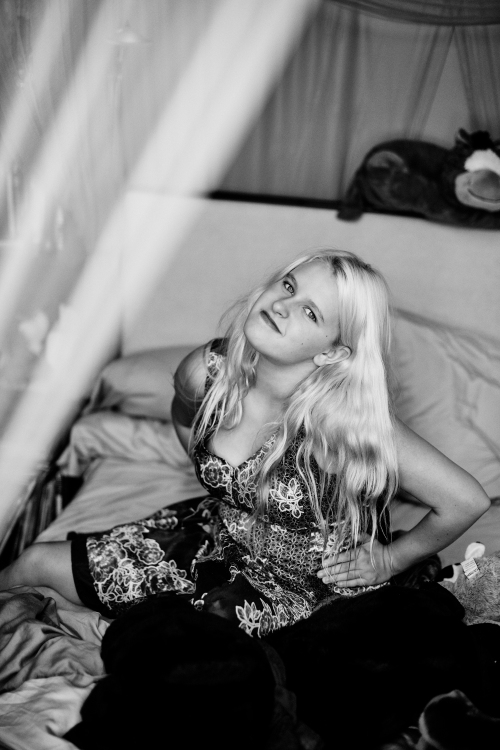 Photograph: Pete Thompson Photo
Photograph: Pete Thompson Photo

